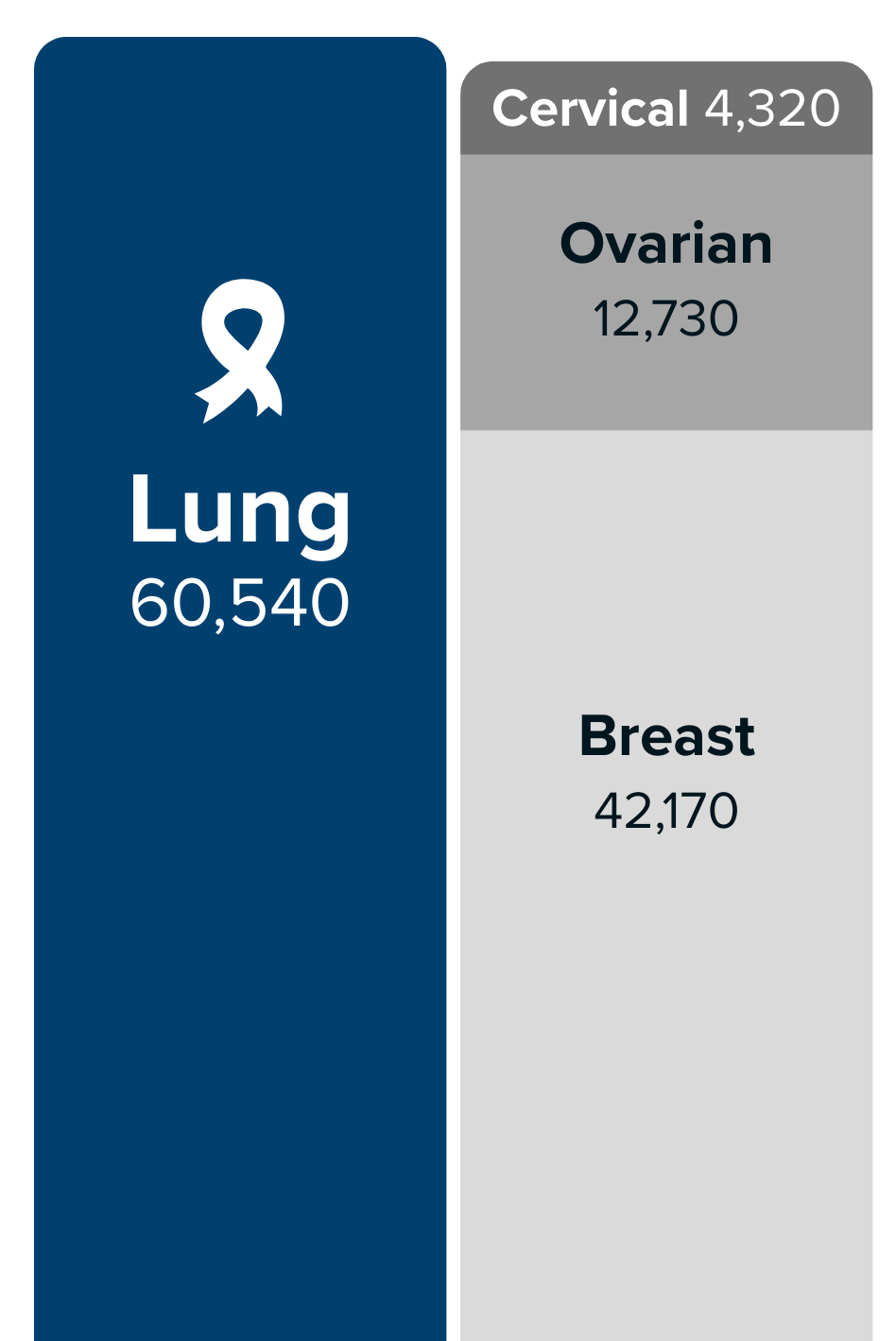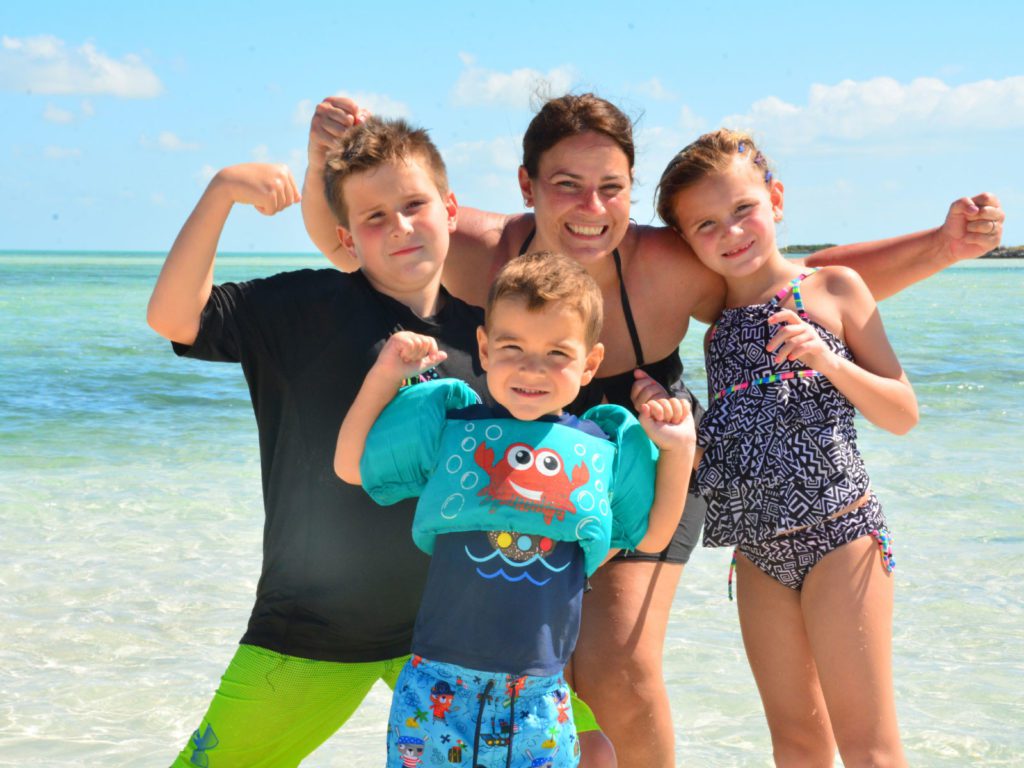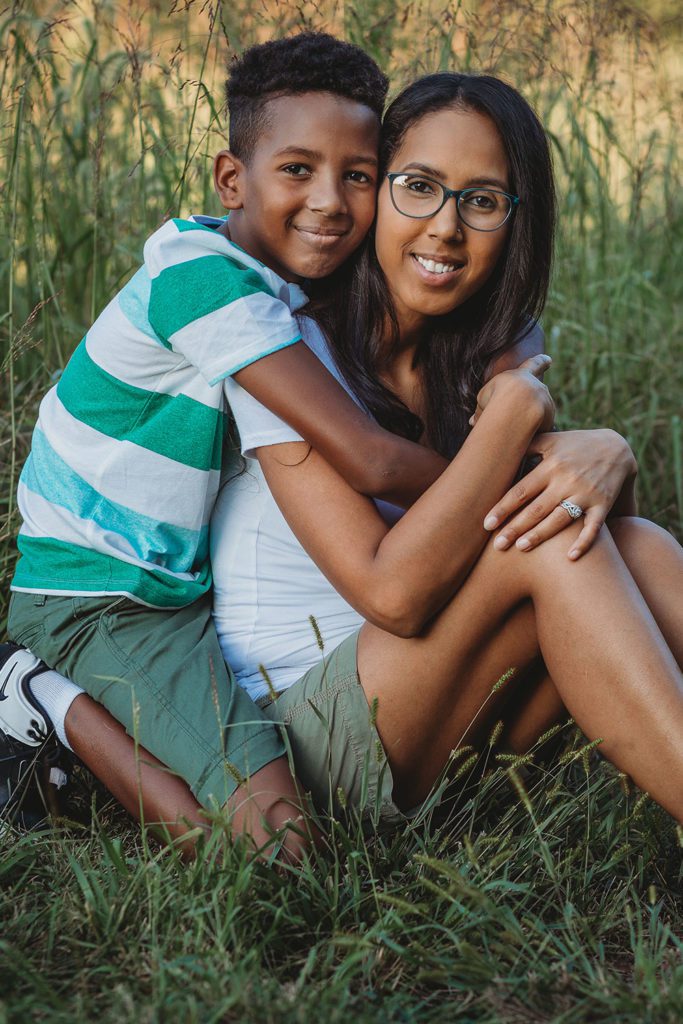Lung cancer is the number one cancer killer of women in the U.S., taking as many lives as breast, ovarian, and cervical cancers combined.
Our mission is to increase lung cancer awareness and support the research that will help eradicate it, in our sisters, in our moms, in our daughters, and in us.
Join the fight, and get involved! Your support will help us to find an end to lung cancer.
Together, we can end lung cancer for good.
Meet Lexi
Lexi, a patient who was diagnosed with stage 4 lung cancer in 2023, was shocked when her doctor told her, “We’re seeing an uptick (in diagnoses), particularly in young women getting lung cancer who have no history of smoking.”
Hear her speak about her reaction and why she’s spreading the word. Read more about Lexi’s story here.
Know the facts about women and lung cancer.
- Worldwide, over 600,000 women die of lung cancer each year.
- 1 in 17 women will develop lung cancer over their lifetime.
- While lung cancer diagnoses have been leveling off or declining, they are doing so for women at a slower pace than for men.
- Lung adenocarcinoma is the most common type of lung cancer found in women (and men) in the US.
- Lung cancer kills one and a half times as many women as breast cancer.
- While smoking represents the number one risk factor for developing lung cancer, 20% of lung cancer diagnoses occur in non-smokers. But research is showing that women may have more risk factors even when controlling for smoking history, compared to men.
- Non-smokers who develop lung cancer are nearly twice as likely to be women than men.
- Asian women in the U.S. who have never smoked are currently twice as likely to develop the disease than female non-smokers of other ethniticities.
- In 2025, an estimated 115,970 American women will be diagnosed with lung cancer.
- In 2025, an estimated 60,540 women will die of lung cancer in the US.
Estimated number of cancer deaths among women in 2025

What Lexi wishes she’d have known
Hear Lexi’s advice for other women like her, who are dealing with a difficult diagnosis.
Learn more about Lexi and her story here.
From our news page: women and lung cancer
- Lexi
 Changing the conversation about lung cancer
Changing the conversation about lung cancer - Together Separately: Women and Lung Cancer
 Drs. Narjust Florez and Isabel Preeshagul discussed the challenges faced by women who are diagnosed… Read more: Together Separately: Women and Lung Cancer
Drs. Narjust Florez and Isabel Preeshagul discussed the challenges faced by women who are diagnosed… Read more: Together Separately: Women and Lung Cancer - LCRF names new Scientific Advisory Board Chair
 Kathryn A. O’Donnell, PhD, was named chair of LCRF’s Scientific Advisory Board
Kathryn A. O’Donnell, PhD, was named chair of LCRF’s Scientific Advisory Board - Suzanne
 Finding hope by connecting with other ALK+ patients
Finding hope by connecting with other ALK+ patients - Together Separately: Women and Lung Cancer
 This livestream explored the unique experiences of women patients with lung cancer.
This livestream explored the unique experiences of women patients with lung cancer. - Caroline
 Lung cancer across three generations of women
Lung cancer across three generations of women
Women’s Stories of Hope
Reina
“I was diagnosed with lung cancer and underwent a lobectomy to remove 1/5 of my lung. I was an unusual case as I had requested to have a CT scan without any symptoms.
My mother died of lung cancer at the age of 53 and since I was embarking on my 50s I thought it was imperative to check my lungs. Considering I was not a smoker and I was very healthy my doctor thought this was not necessary but appeased me with an X-ray which in turn led to the CT scan I wanted. To everyone’s surprise, I had lung cancer.
How could that be? I was not feeling any symptoms in my boot camp classes and I just finished my annual cleanse and felt healthier than ever. However, as my doctor said, ‘if you have lungs, you too can get lung cancer.’”


Jen
“At the end of the day we are people, and we all want the same thing. We need more treatment options so we do not have to constantly face this idea of the ‘end of the road.’ I’m just trying to save my life, and my life is in the hands of science. I need medicine, here and now. I will do anything to stay here with my children. This is my reason.”
Jaymie
Jaymie was diagnosed with ALK+ lung cancer in December 2018.
“I have actively tried to keep my life as close to normal as it was before I was diagnosed,” Jaymie said. “I continue to work full time with both my regular 9-5 job and my online radio station, WJMS Radio. Once my health was under control, I got back into kickboxing 3 times a week. And I continue to stay active.”
“I try to show people that I am not my diagnosis. And that lung cancer can exist in MANY forms. I try to challenge the stigmas and the misconceptions by showing people that even though I have cancer, cancer does not HAVE me.”


Victoria
Right before Victoria’s 23rd birthday, she was diagnosed with stage III spindle-cell sarcoma of the lung, a rare and aggressive disease that occurs in just 0.3-1.3% of all lung malignancies. In that moment, she thought of her 5-year old son and how she was going to explain to him what she was going through. “I decided right then and there that I would tell him that Mom is going to be a survivor.”
After undergoing surgery to remove most of her right lung followed by months of chemotherapy and radiation treatment, Victoria received the good news that she was cancer free.
“New discoveries keep happening thanks to the amazing research being conducted. If I could share one thing with you, it would be how thankful I am that there are people willing to listen. Together we can cultivate each other’s milestones of hope.”
Show your support and share the facts by tweeting with the hashtag #WomenLC.
This program is made possible by the generous support of


Daiichi Sankyo
Genentech-a member of the Roche Group.